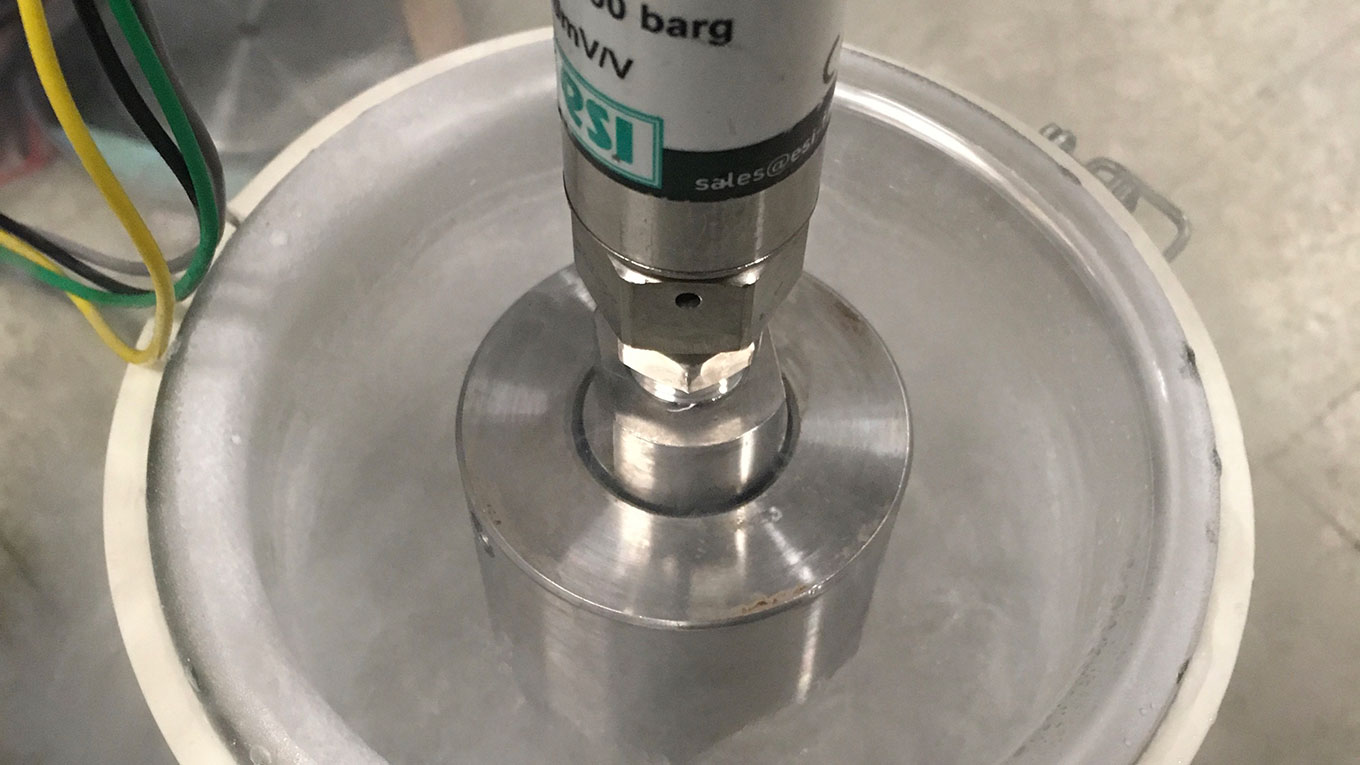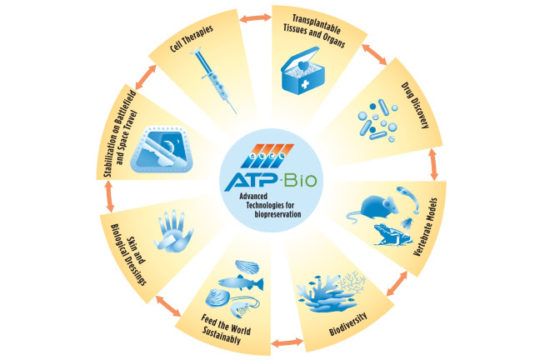UC Berkeley accelerates bio-preservation research as part of $26M NSF center

A new research center funded by the National Science Foundation aims to advance methods for storing and preserving biological cells and tissues, work that could benefit biomedical research and dramatically expand organ transplant networks.
The NSF today announced the award of $26 million over five years for the Engineering Research Center for Advanced Technologies for the Preservation of Biological Systems (ATP-Bio). The new center will be directed by John Bischof at the University of Minnesota and co-directed by Mehmet Toner at Massachusetts General Hospital in collaboration with researchers from UC Berkeley and UC Riverside. Bischof, who received his bachelor’s and master’s degrees in bioengineering and his Ph.D. in mechanical engineering at UC Berkeley, is a professor of mechanical engineering and biomedical engineering at the University of Minnesota.

Leading the effort at UC Berkeley is Kevin E. Healy, the Jan Fandrianto and Selfia Halim Distinguished Professor in Engineering in the Departments of Bioengineering and of Materials Science and Engineering. Healy noted that there have been few significant advances in the past three decades in the technology used to store living cells, tissue, organs and organisms.
For instance, an inability to extend the shelf life of biological tissue means that patients in Florida cannot receive a heart or lung from California because the organ would not survive the cross-country trip. And when thawing cell cultures, a survival rate of 60% is considered normal due to attrition.
“The ATP-Bio center represents a major coordinated effort to tackle this problem,” said Healy. “The research at this center could lead to much-needed breakthroughs in a variety of fields, scaling from single cells to tissues to whole organs.”
Healy is joined by Chris Dames, professor of mechanical engineering; and Professor of the Graduate School Boris Rubinsky, who has emeritus appointments in the bioengineering and mechanical engineering departments.
Healy’s expertise in microphysiological systems – often called organs-on-a-chip – will provide a testbed at the tissue level. Dames will focus his investigation on how to safely thaw or rewarm cells that have been frozen or cooled, and Rubinsky will lead research in new fields of cryopreservation and 3D-cryoprinting that he pioneered.
NSF Engineering Research Centers were established to bring together academic and industry partners in interdisciplinary collaborations to tackle complex, long-range engineering challenges. The hope is that the centers will spawn whole new industries with new systems-level technologies.
In 2025, the award for ATP-Bio may be renewed for an additional five years.
